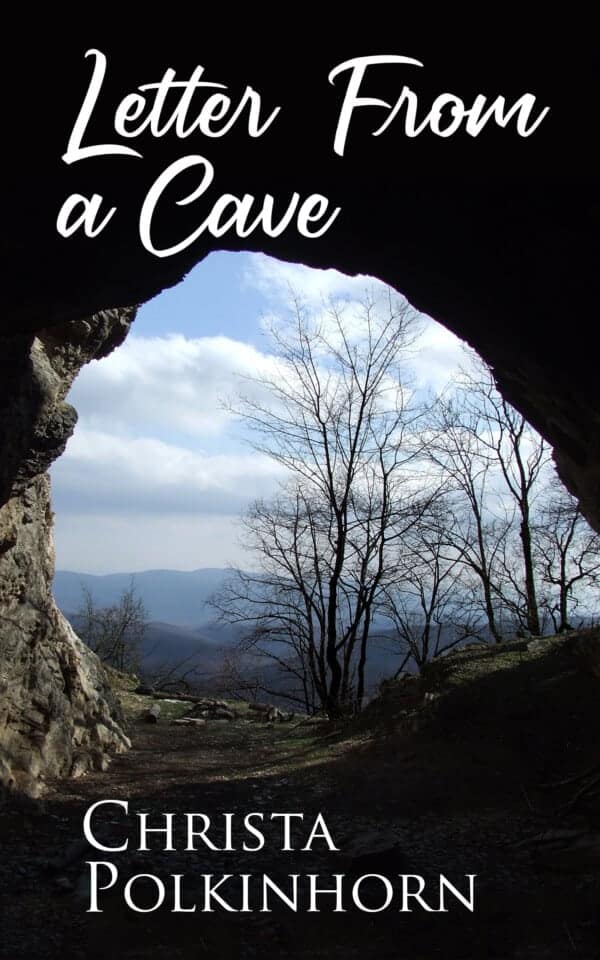Crystal Fulcher reviewed my novel Love of a Stonemason on her blog My Reading Room.
About the book:
The young painter, Karla Bocelli, is no stranger to loss. When she was five years old, her mother died in a car crash in the south of Switzerland. Her Peruvian father lives at the other end of the world, and a year ago, her aunt and guardian passed away. Now, at age twenty-four, Karla almost gets hit by a speeding car. As if this wasn’t fateful enough, Andreas, the driver, turns out to be a sculptor and carver of tombstones. In spite of his profession, Andreas is anything but morbid. Quick-tempered and intense, he exudes a rough-and-tumble energy. After a tumultuous start of their relationship, Karla comes to see in Andreas the “rock in her life,” the perfect antidote to her fears of abandonment and bouts of depression. Andreas, however, wrestles with his own ghosts: an alcoholic father who abused him as a child and his own fits of anger. Together, the two artists must confront the demons that haunt them.
Love of a Stonemason is a story about the struggle of two artists with their past, their family, their creativity, and their love for each other. Told from the point of view of Karla, it depicts the world through her painter’s sensibility. It takes the reader on a journey full of sights, smells, tastes, and sounds from the south of Switzerland to Italy and the Peruvian Andes.
And here is what the reviewer had to say:
The first thing that went through my mind when I finished this book on Friday night was simply “Wow”. I felt like I had been told a full story and while I wanted more of Karla and Andreas at the end, the story really was complete. I don’t know when was the last time I truly felt that when I finished a book. Ms. Polkinhorn did a magnificient job crafting this story and getting it on the page. The characters, scenery and happenings in the book really came alive for me and I felt like I was watching and feeling Karla and Andreas through the full book.
How to classify this book – I first thought it sounded like a romance, but after finishing it, I would say it is more general fiction. Romance is key, Karla and Andreas’ relationship is very key to the book. But most romance novels stop after dating and marriage usually, sometimes with glimpses of family life if there are several books in a series. The beauty of Ms. Polkinhorn’s novel is that it continues through the years after they marry and delves much deeper into the characters of Karla and Andreas as they tackle the new ups and downs of marriage, of their art and of family.
Love of a Stonemason never lags in plot. Whether you are looking into depression, the ups of a great art career, the separation (distance-wise) of Andreas and Karla, starting a family, all of this flowed together so well and made a great story. I was never bored and wondering when something good would happen. It was all interesting and attention getting. It’s as edge-of-your-seat as a non-thriller work can get. I was always wondering what would happen next, what aspect of life would be shown.
The realism is beautiful too. Love of a Stonemason truly shows the ups and downs of life, love and family. No family or person is perfect, there are always problems and always two sides to a story and that is what this book really looks into. I love that every aspect is shown and I really enjoyed the growth of the characters. Andreas and Karla are not superficial, you really get to know them through the whole book. I felt as though I knew them personally. The foreign setting and descriptions of landscapes and cities is also well-done. I also enjoyed learning about the art world, something that never really interested me before, but the author does a great job of making it interesting.
I laughed, I cried, I was frustrated with the characters (in a good way). I think I ran through most every emotion with this book. And what I love most is the feeling of the complete story and it’s a story that will stick with me for some time. I found myself thinking of Karla and Andreas and the other people in their lives through the weekend. Really letting the story settle over me and how I feel now is that this is a definite reread in my book and that is saying something since I don’t really reread books. My true hope is Ms. Polkinhorn will have another book on the way so I have another one of her books to enjoy. She brings realism to the story without it depressing you and leaving you down for days and I really like that. I do not have any complaints about this book and I think those of you who enjoy general fiction with a foreign-flair and romance will really enjoy this book.
















